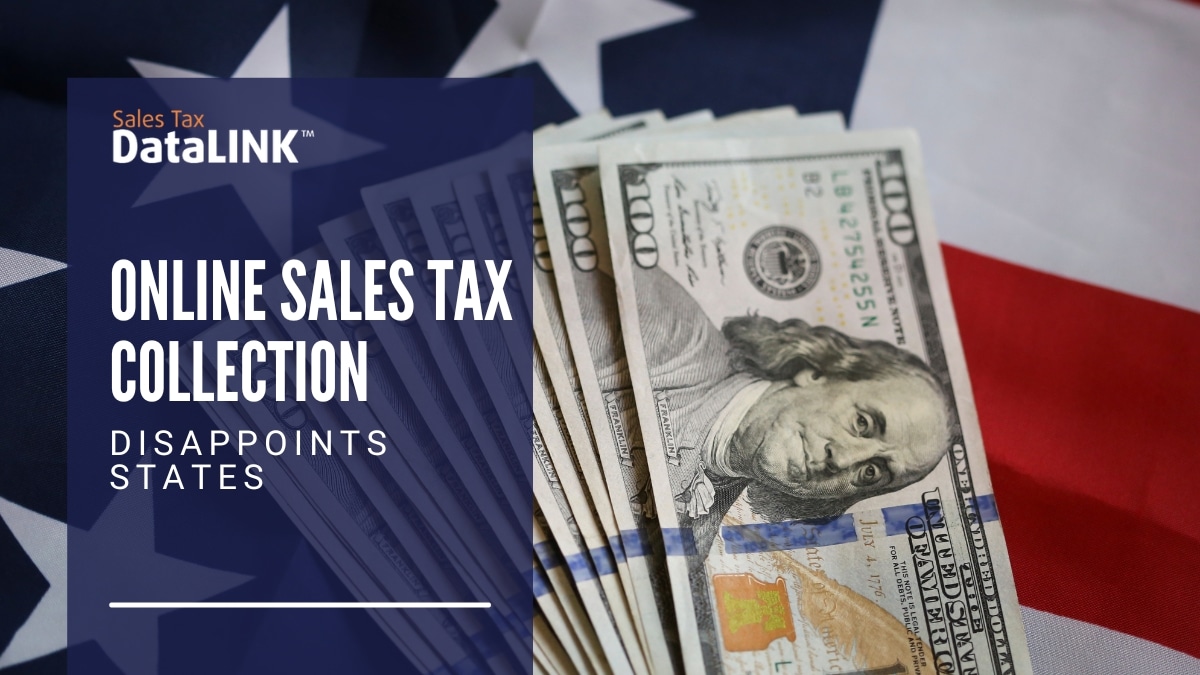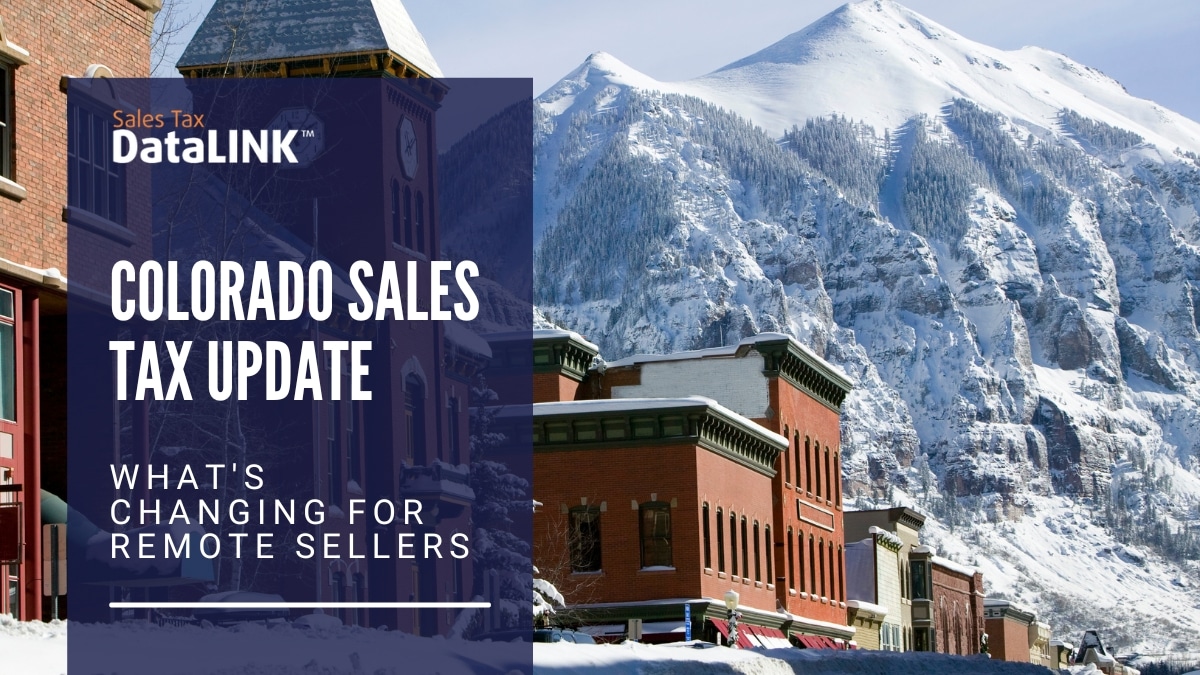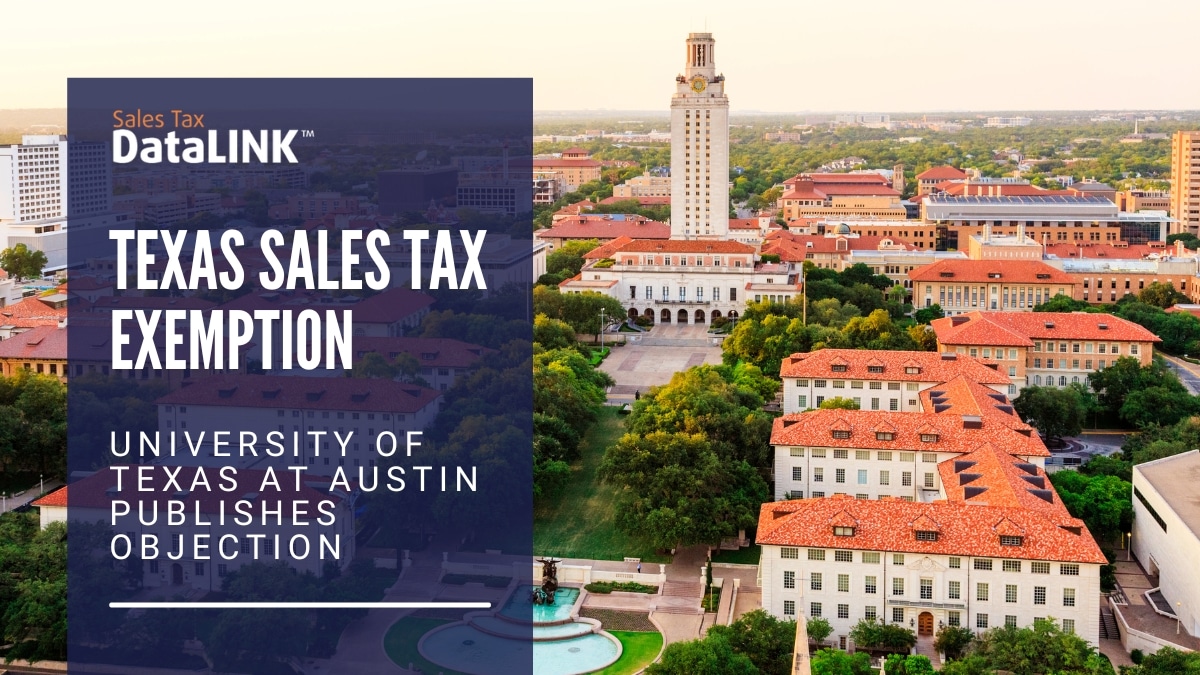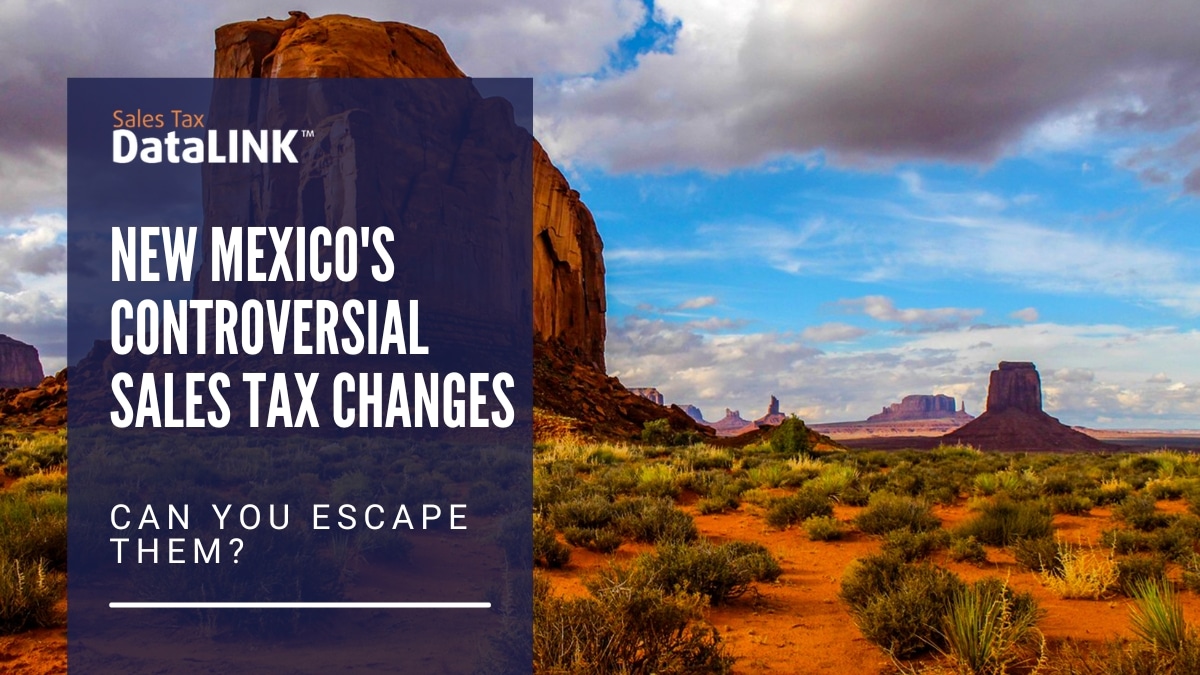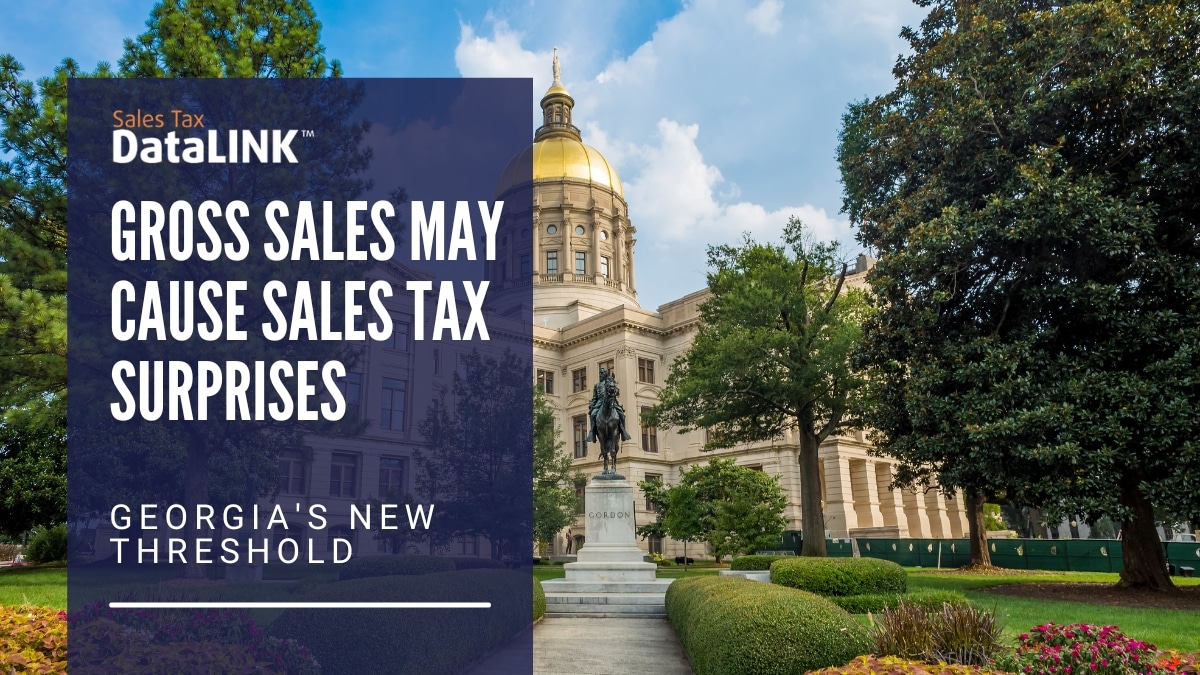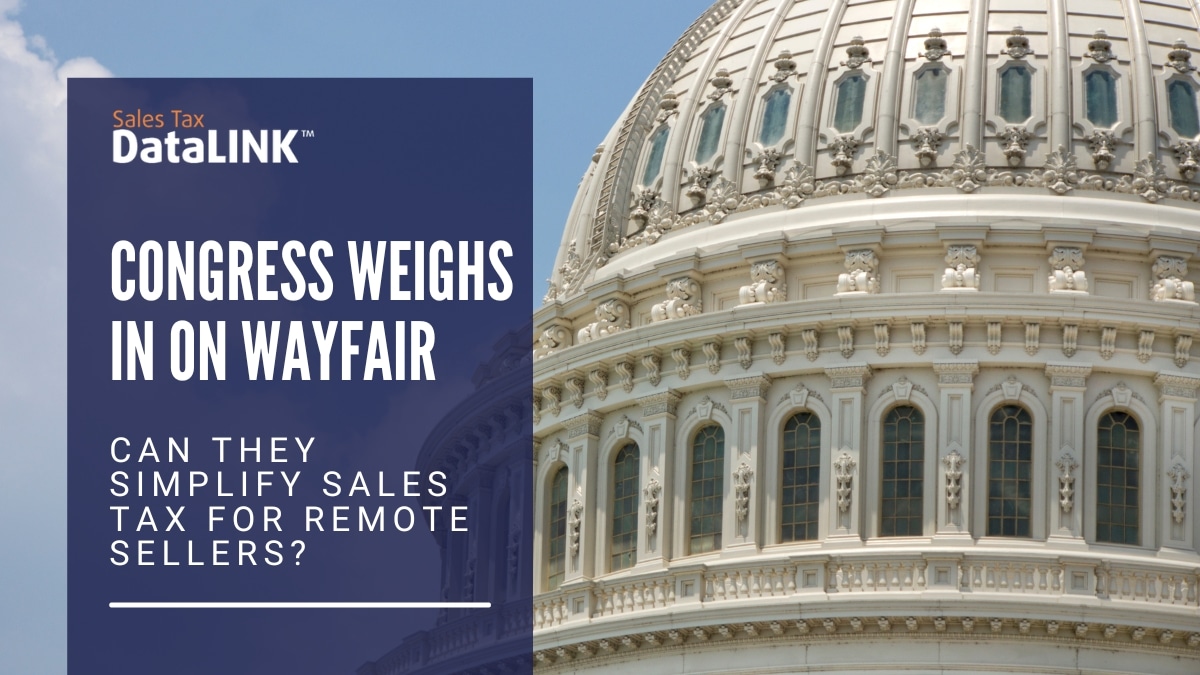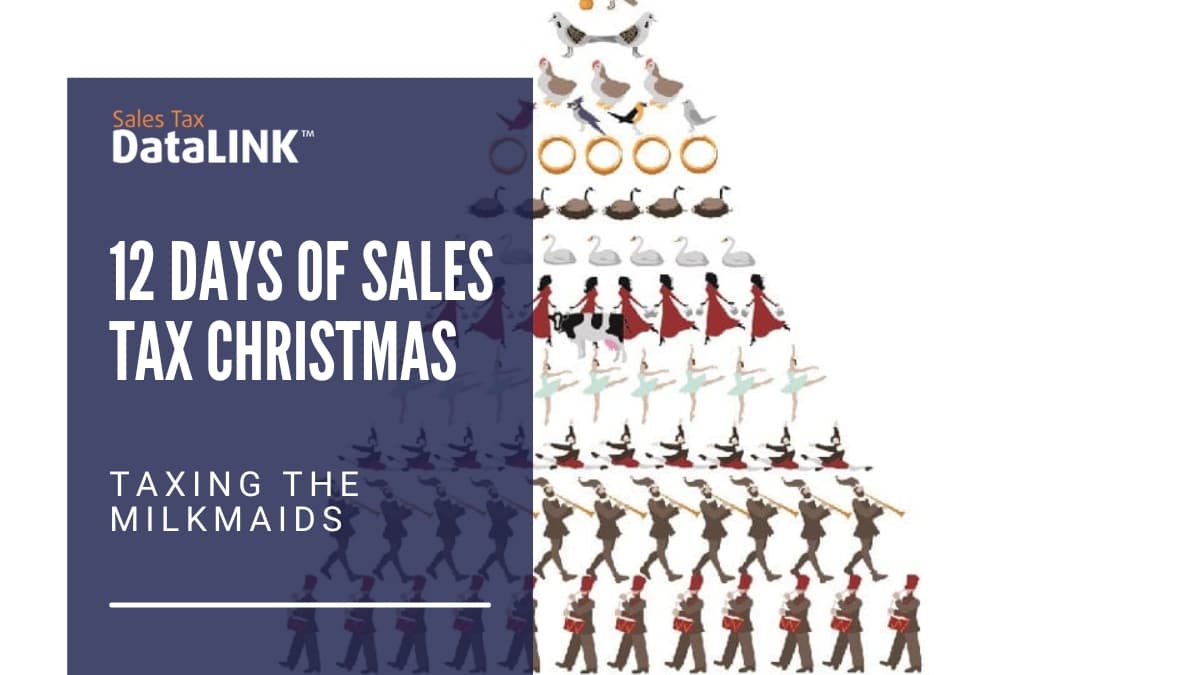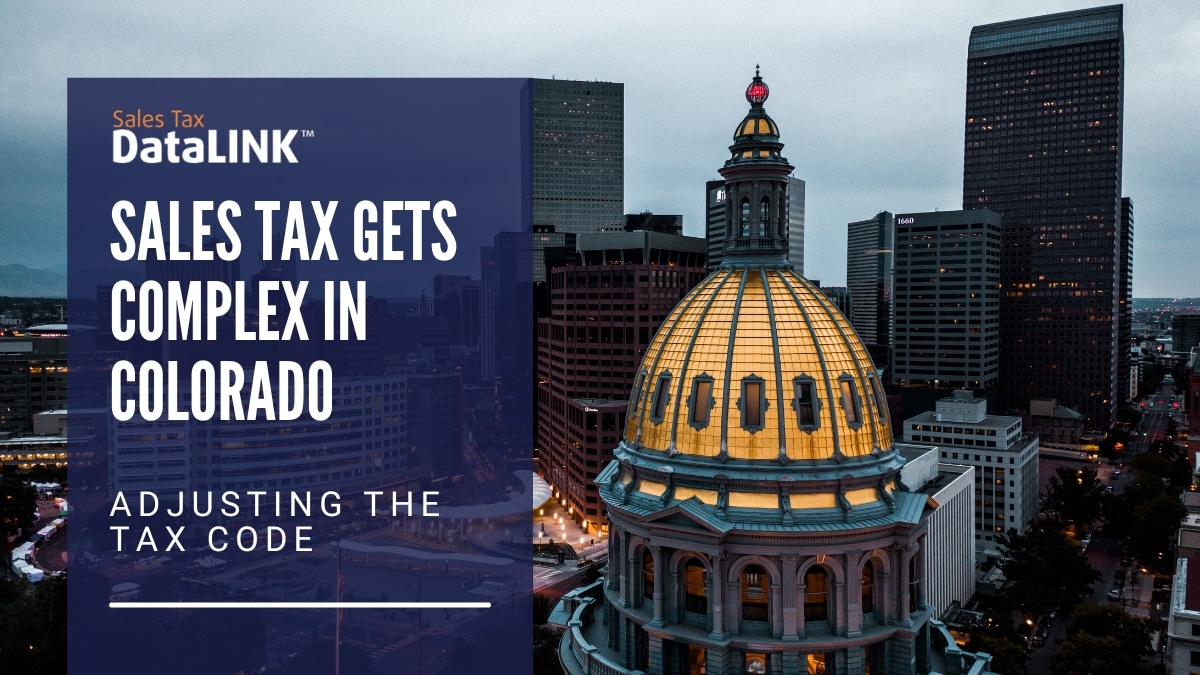The implementation of online sales tax laws has fallen short of expectations, leading to disappointment among states. Initial estimates suggested significant tax revenue from remote sellers, but a study by the National Taxpayer's Union Foundation reveals a stark contrast.
Sales tax compliance can be a complex endeavor, often hinging on the definition of various terms. For instance, differentiating between candy and other similar products can create confusion, especially when tax rates vary.
Sales tax holidays are a topic of debate: are they good or bad? These events, observed in 16 states, attract Back to School shoppers and offer tax exemptions on specific categories of products.
Pennsylvania is celebrating the implementation of online sales tax following the Supreme Court decision known as Wayfair. The state has experienced remarkable success in its sales tax collection, surpassing expectations by a billion dollars.
Colorado has undergone a sales tax update, facing challenges as the legislature works on the details of sales tax for remote sellers. With a revenue threshold of $100,000 or more from Colorado, remote sellers are now required to collect and remit sales tax.
California has made headlines by implementing a "gotcha tax" on Amazon Marketplace sellers, becoming the first state to pursue retroactive tax collection. Sellers are facing substantial bills for back taxes, penalties, and interest, potentially jeopardizing their businesses.
The blog discusses the perplexing issue of how a seemingly modest annual software cost of $6,000 can quickly escalate to $60,000 for businesses needing to comply with sales tax regulations in multiple states.
This blog sheds light on the objection raised against the sales tax exemption policy in Texas. While many states set revenue thresholds of $100,000 or $200,000 per year, Texas requires remote sellers to comply with sales tax rules only if they reach $500,000 in sales within the state annually.
Politico created a handy infographic showing which states have already taken advantage of the Wayfair decision to start making remote sellers charge sales tax. Taking advantage is the right term to use, because many states have been fretting ...
This blog addresses the sales tax controversy in New Mexico, where recent changes have required online sellers to collect and remit sales tax. While the law initially faced a veto from Governor Susana Martinez, it has now been enacted alongside increases in sales tax on services and other modifications.
Explore California's consideration of a sales tax revolution, diverging from the responses of other states to the Wayfair decision. California is contemplating a radical idea of replacing sales taxes with a carbon tax.
Explore potential sales tax surprises that arise from changes in sales tax regulations and the impact on businesses. With the overturning of the Quill decision, states now have the authority to enforce sales tax collection based on economic or cookie nexus.
Explore Congress's involvement in the Wayfair decision and the ongoing discussions surrounding the collection of sales tax from remote sellers. Despite previous unsuccessful attempts like the Marketplace Fairness Act, the Supreme Court's intervention last year enabled states to enforce sales tax collection from remote sellers.
Iowa was not late to the post-Wayfair internet sales tax party. They made their new sales tax laws requiring all remote sellers to collect sales tax last June. The law didn't kick in until January of 2019, well after the Supreme Court decisi...
Sales tax on the 12 Days of Christmas presents a complex scenario, as the tax amount depends on the specific state, county, and town where the gifts are delivered.
The pushback against Wayfair sales tax changes is gaining momentum as small businesses and communities voice their concerns. While the Supreme Court's decision was initially welcomed, experts predict a wave of court cases before the dust settles.
Determining the real last minute for sales tax compliance can be a challenge as states gradually implement changes following the Wayfair Supreme Court decision. While some states have already enacted new laws, others are holding off until the new year.
As the landscape of sales tax compliance evolves post-Wayfair, sales tax sleeper states emerge as a source of uncertainty for remote sellers. While some states have already passed laws and set thresholds for economic nexus, others are yet to make their move.
When it comes to sales tax compliance for remote sellers, Alaska presents a unique situation. As a state with no sales tax, it's unclear how the Supreme Court's ruling on remote sellers' tax obligations applies to Alaska.
The implementation of sales tax requirements in Colorado brings forth a complex landscape for online sellers. With 349 county, city, and district local sales tax jurisdictions operating autonomously, each with its unique tax base, Colorado faces challenges in enforcing online sales tax collection.
BlogEdwin Flores2023-11-03T08:37:15-05:00
